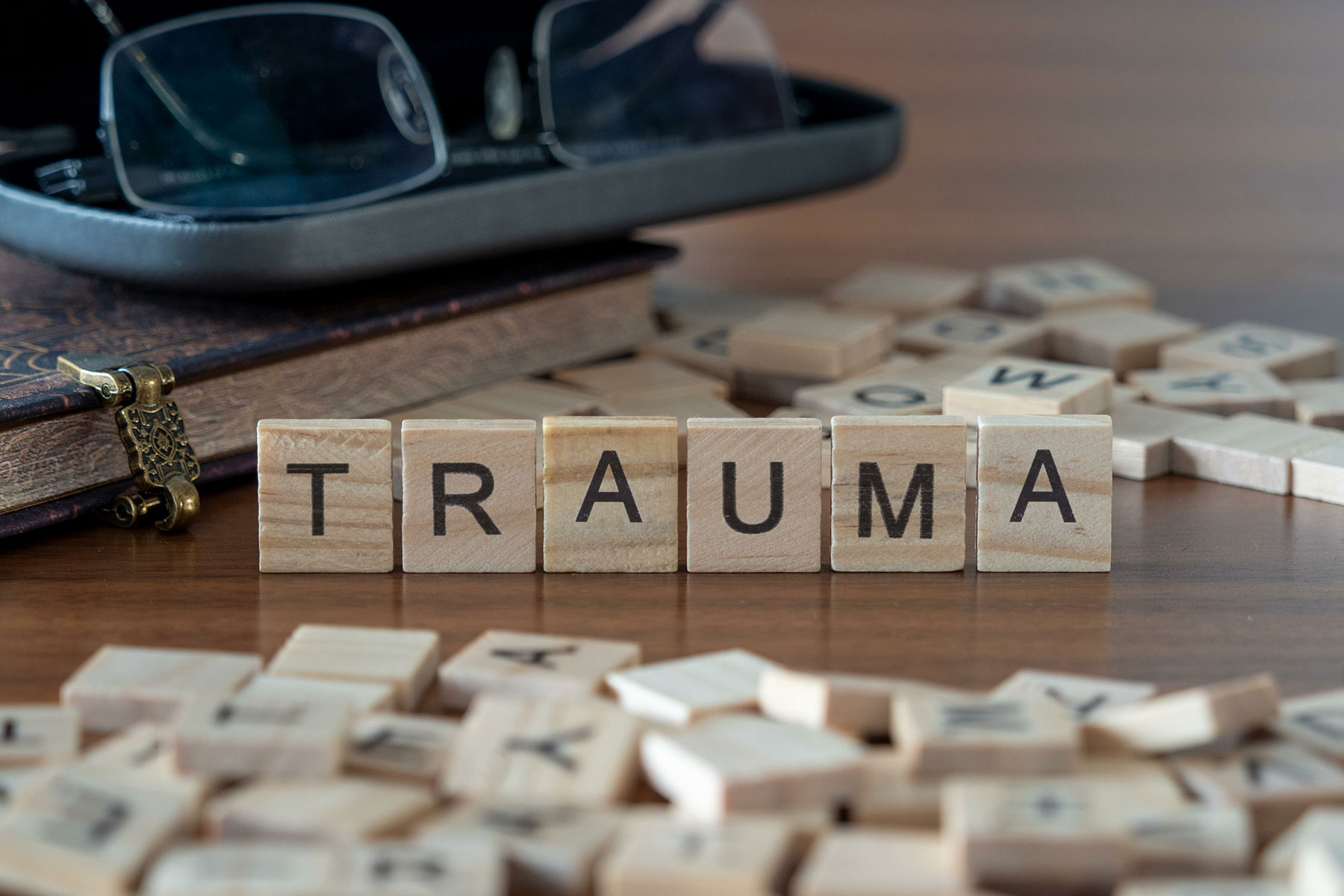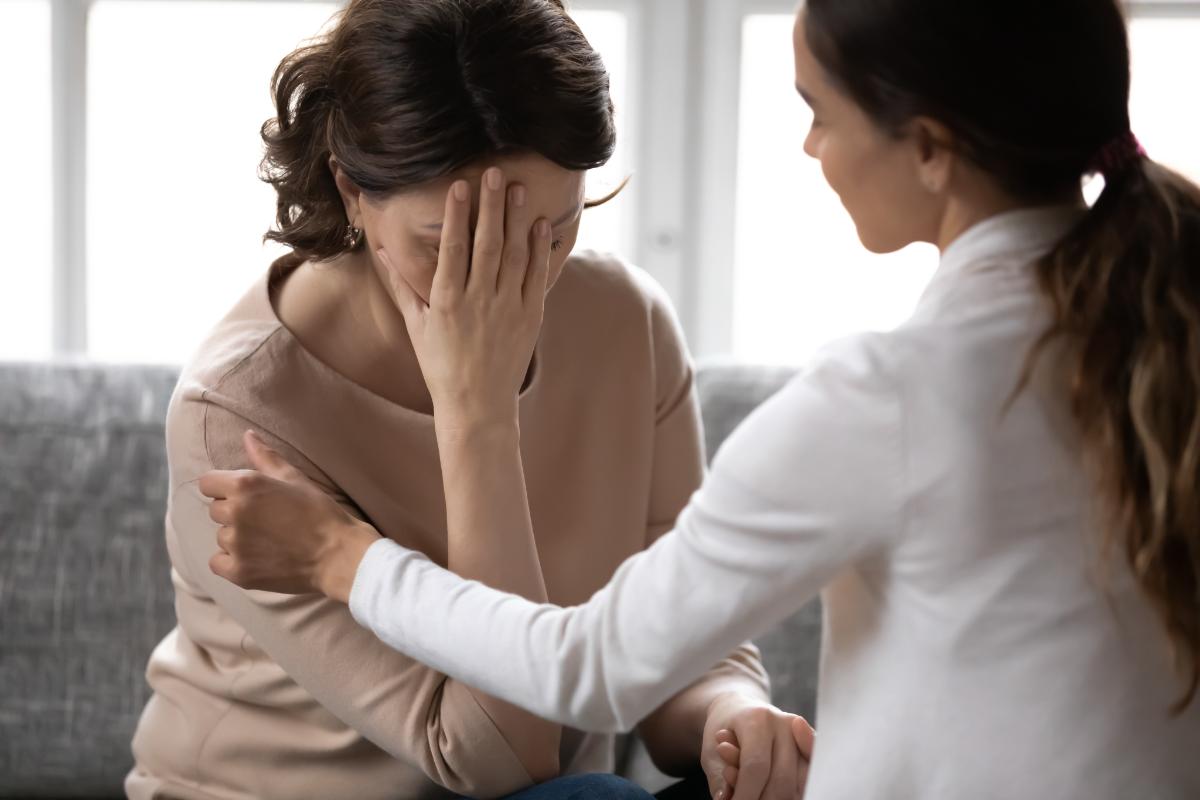Childhood trauma can have lingering effects that are felt long into adulthood and seriously impact people’s mental health. It can cause depression and anxiety and negatively impact work and personal relationships. There are multiple causes of childhood trauma that can impact children now and in the future. Starting treatment for childhood trauma today is essential for men and women whose symptoms are interfering with their daily lives.
At Crestview Recovery, we provide effective support for men and women 18 and over who experienced a traumatic event in their childhood. Our team is familiar with all reasons for childhood trauma and the therapies that are most effective in helping clients recover. For more information about our treatment for childhood trauma, call 866.262.0531 today to speak with our friendly staff about enrolling in our mental health treatment facility.
What is Childhood Trauma?
Childhood trauma is an event that causes fear, panic, or emotional distress with feelings that can linger for several weeks, months, or years if not properly treated. Adults who experience childhood trauma can feel its effects long into adulthood which can lead to divorce, substance use, and a shortened lifespan.
There are three types of trauma that can affect children and adults:
- Acute – This type of trauma is a single incident, such as a car accident or sports injury.
- Chronic – Chronic trauma involves repeated and prolonged trauma that includes physical or emotional abuse from peers, siblings, or parents.
- Complex – This type of trauma includes multiple traumatic events at the hands of a loved one or trusted friend.
At Crestview Recovery, our behavioral therapists are familiar with the causes of childhood trauma and how to help clients move past it in a healthy manner. They teach clients how their feelings dictate their actions and give them healthy coping skills for managing their symptoms and triggers.
5 Common Causes of Childhood Trauma
There are many reasons for childhood trauma that can negatively impact a child’s mental health and natural development. The five common causes of childhood trauma include:
1. Bullying/Cyberbullying
Bullying isn’t harmless teasing. It’s intended to cause physical or emotional harm and can last for weeks or months. Cyberbullying is when children attack someone online with embarrassing stories or memes or get others to stop following them.
2. Accident
A car accident can be very frightening for children and leave lasting emotional harm. They may become afraid to be in the car or cause them to overreact to normal driving situations when they get their driver’s license.
3. Natural disasters
Floods, fires, freezing temperatures, and other natural disasters can cause trauma if it’s experienced first-hand.
4. Physical, sexual, or emotional abuse
This type of abuse is the most invasive and often at the hands of a parent, sibling, or other relatives. If left untreated, it can lead to abuse of others, substance use, depression, and other mental health disorders.
5. The sudden death of a loved one
Losing a parent or close friend at an early age can impact their ability to form healthy relationships in the future. The fear of losing someone can cause them to sabotage relationships or avoid them altogether.
Crestview Recovery: Treatment for Childhood Trauma
At Crestview Recovery, we support men and women 18 and over whose lives are impacted by past childhood trauma. We take the time to get to know each client and the trauma that is affecting them to create a tailored treatment program to help them manage their symptoms and improve their overall well-being.
We employ a wide range of evidence-backed therapies, including:
Cognitive-behavioral therapy (CBT)
Cognitive-behavioral therapy (CBT) is a type of psychotherapy that teaches people how to identify and change destructive or disturbing thought patterns that have a negative influence on behavior and emotions. CBT focuses on the link between thoughts, feelings, and behaviors.
Dialectical behavior therapy (DBT)
Dialectical behavior therapy (DBT) focuses on teaching skills to help people with borderline personality disorder manage their emotions and reduce conflict in relationships. DBT teaches mindfulness, emotion regulation, interpersonal effectiveness, and distress tolerance skills.
Family therapy
Family therapy involves treating family members together rather than individually. It aims to improve communication and resolve family conflicts. It can be useful for a variety of issues, including mental health conditions in family members, relationship problems, and major life stressors or transitions.
Trauma therapy
Trauma therapy helps people recover from traumatic experiences such as violent physical or sexual assaults, severe accidents, natural disasters, or other life-threatening experiences. This therapy involves carefully and gradually exposing people to memories and reminders of the traumatic event in a controlled way.
Holistic therapy
Holistic therapy takes a whole-person approach to childhood trauma treatment. Rather than focusing solely on thoughts or behaviors, holistic therapy addresses the mind and body.
Group and individual therapy
Group and individual therapy refer to two different formats for psychotherapy. Individual therapy involves one-on-one sessions between a therapist and a client. This allows for a highly customized approach tailored to a person’s unique issues, experiences, and goals. Group therapy involves a therapist working with multiple people at once. This allows clients to learn from others, practice social skills, and feel less alone.
Don’t Wait To Get Help
 If you or a loved one is struggling with childhood trauma, call 866.262.0531 or fill out our online form today, and we will get back to you within 24 hours.
If you or a loved one is struggling with childhood trauma, call 866.262.0531 or fill out our online form today, and we will get back to you within 24 hours.
































